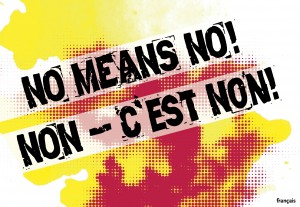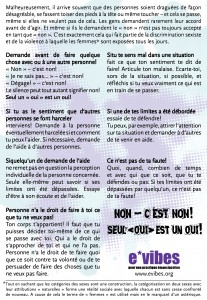This weekend, Första Linjen published the preliminary schedule for the conference.
The two events with our participation are:
Fighting for Reproductive Justice – a review on feminist strategies and right-wing attacks
On this panel, activists from GB, Sweden and Germany will talk about the current situation regarding religious and state attacks on our reproduction. Focusing on access to abortion as a barometer of broader capitalist tendencies we will talk about how we can understand the increased level of anti-feminist mobilisations and discuss various feminist strategies in how we should respond.
Even though our actions mainly take place in Europe, we also plan to weave in some information on Latin American struggles.
Gender and Capitalism – an inevitable love? On the necessity of connecting feminist (and) anticapitalist struggles
After a short input on how we see the correlations of gender and capitalism, we want to split into smaller groups to read texts wich display different approaches to this topic. We would then love to discuss the necessity of connecting feminist and anticapitalist struggles as well as ideas on how those struggles and practices could look like across Europe, worldwide and on a daily basis.

